Besen family grandson urges wealthy to create ‘world you want to see’ through investments
A third-generation member of the billionaire Besen family has issued a rallying call to wealthy Australians to be more thoughtful about where they invest their money.
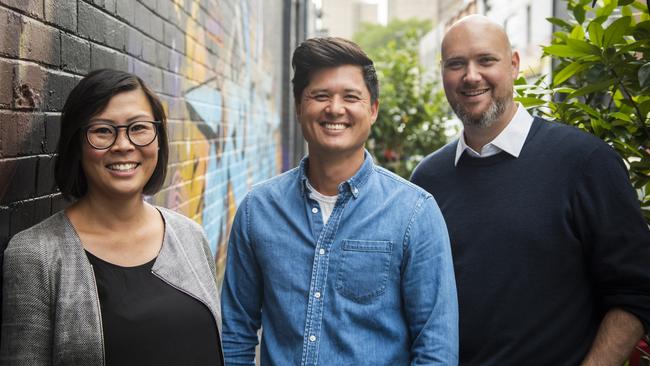
A third-generation member of the billionaire Besen family has issued a rallying call to wealthy Australians to be more thoughtful about where they make investments, arguing they have a responsibility to help “create the world that they want to see”.
“If your wealth is not meaningful to you, you’ve missed a massive opportunity,” said Adam Milgrom, grandson of the late Melbourne retail fashion billionaires Marc and Eva Besen.
“Those of us who are lucky enough to have wealth and have more than we need have a responsibility to make our investments meaningful for society.
“I would love to see that all investors are being thoughtful with where their money is going. Instead of thinking of investing as an activity that is just there to generate returns, to really think about investing as a tool that they can use to create the world that they want to see. If you think about it from a gardening analogy, the plants you water are the ones that are going to grow.”
Mr Milgrom’s great uncle is property magnate John Gandel, co-owner of Melbourne’s Chadstone Shopping Centre, one of the biggest in the southern hemisphere. His mother is Naomi Milgrom, who controls retail brands Sussan, Sportsgirl and Suzanne Grae, while his aunt is Reserve Bank of Australia director Carol Schwartz.
Mr Milgrom’s uncle, Alan Schwartz, late last year argued that there was still too big a divide in the investment strategies of the nation’s family offices – structures established by rich families to manage wealth – between the commercial and philanthropic.
He argued that still too few connected their philanthropy to commercial, profitmaking opportunities.
The first and second generations of the Besen and Gandel families have a built a strong tradition of giving.
The Besen Family Foundation, run by Mr Milgrom’s aunt Debbie Dadon, was established more than three decades ago to build upon the philanthropic tradition started by Marc and Eva Besen.
“I certainly took a very strong influence from the work that my family did,” Mr Milgrom said. “They were always both very commercial and business-orientated, but also very philanthropic and very thoughtful about the way they interacted with the community and how they took that success that they had from a business point of view.”
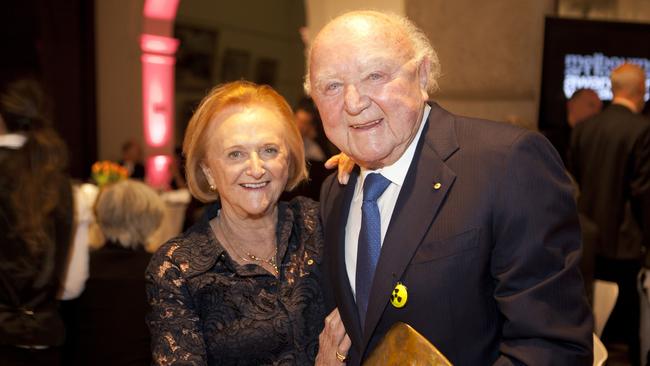
Mr Milgrom has focused his wealth on so-called impact investing, which accepts less than full commercial returns to invest in causes that will improve society.
Together with his siblings Rebecca and Jake, he has established a family office, Tripple, which has built a 100 per cent Impact Portfolio. Tripple works across all asset classes and incorporates both investing and grant-making to use capital as a force for good.
“We came together because we saw the opportunity to use our capital more broadly in a combined investment vehicle which would allow us to work together and share our passions and our interests and also allow us to invest more widely than we could separately and so tripling across all asset classes,” Mr Milgrom said. “The real difference for us is that we embed impact throughout all our decision-making processes. So when we look at an opportunity – whether it be a property or a listed equity or managed fund, private capital or public capital – we are always evaluating what the impact of that investment is as the first pass.”
Tripple has established a calculator that provides an impact score for every investment opportunity. It is based on an impact management framework, which ranks investments on the basis of avoiding detriment to communities through to actually contributing to solutions.
Mr Milgrom said using an impact investment framework for buying public equities was more challenging, where the emphasis was on avoiding harm or better.
“There’s a lot of trade-offs that publicly listed companies have to make, which makes it harder to have long-term impact. So our bar there is lower,” he said.
“But it is a really important part of our portfolio. Whenever we are making those decisions, we are asking ‘What is it doing for our portfolio? Why does it deserve a place here? If it deserves a place, what is the best we can hope for, from an impact point of view?’ ”
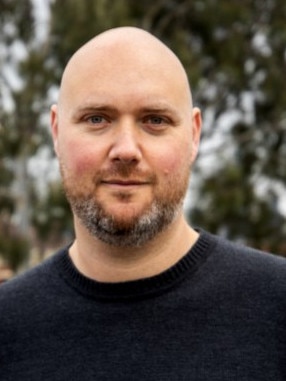
He said the key to the success of Tripple was that he and his siblings sought to work together.
“I’ve seen in other families where the parents have decided that siblings should work together, or that there is an opportunity to do something, but only if you work together,” he said. “That’s a really challenging place to start from. What is different about us is that we didn’t start from that place. We could have done things separately, but we deliberately chose to do it together.”
He said Tripple had also been deliberately structured so it could be split into three entities if needed and had what he called, a no FOMO (fear of missing out) rule.
“That fear of missing out is I think one thing that drives a lot of tension and so we call each other on it. If we feel like anyone’s making an investment decision because of that FOMO feeling,” he said. “We have a belief that there will be plenty of opportunities and that each opportunity is not often that important. We also have a process where to get anything through, only two of us have to agree that it’s a good idea. But the third person can either abstain where they might not love it or it might not be their favourite thing, but they don’t hate it. Or any one of us can veto anything at any time. So if any of us really don’t like something, we’ve always got that ability to kill it. That has been used exceptionally rarely, to the point where I can’t even remember any examples where we’ve had to do that.”
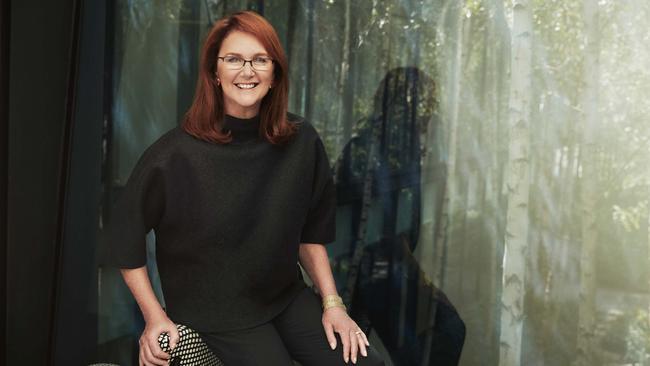
Mr Milgrom was speaking on a podcast with Richard Milroy, the co-founder of the Private Wealth Network, which holds its annual congress in Melbourne next month.
Mr Milgrom says his “day job” is working with Melbourne-based impact venture capital firm Giant Leap, which was founded in 2016 and to date has invested in 30 companies. Last year the firm raised just shy of $50m for its second fund, which it has deployed exclusively to “impact start-ups”, including edtech Hex, psychology-based pain management start-up More Good Days and climate action firm Trace.
The fund is actively looking to make more investments.
“We invest in early-stage companies that have both a material and measurable impact, as well as a huge commercial opportunity,” Mr Milgrom said.
Giant Leap is also targeting more than 40 per cent of the opportunities that come its way to emanate from female founders.
“We’re not quite there at the moment, we are somewhere between 25 and 30 per cent. We’re always working on it,” Mr Milgrom said.
“There is a lack of support for women in entrepreneurship. We are one of the few venture funds in Australia that is co-led by a woman investor, and the majority of our team and majority of our investment team are women. We think that there’s a huge advantage to investing in diversity across the board. There’s a lot of overlooked founders and opportunities out there.”







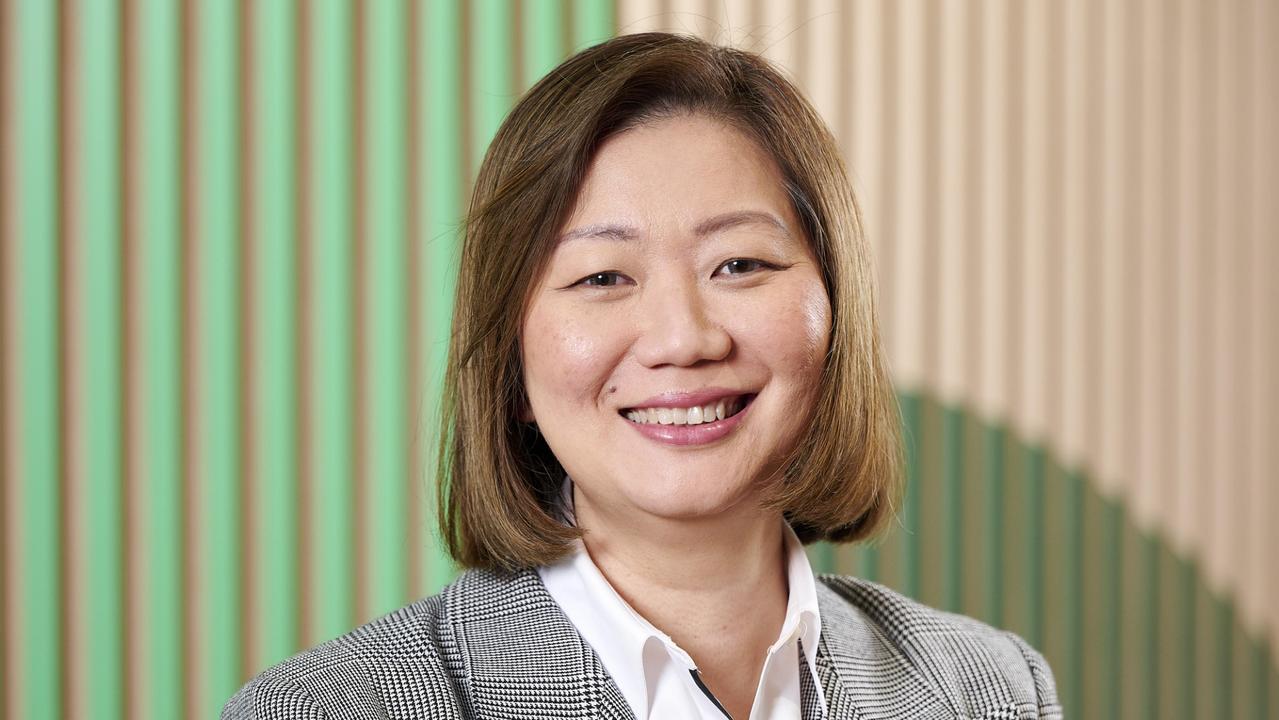
To join the conversation, please log in. Don't have an account? Register
Join the conversation, you are commenting as Logout